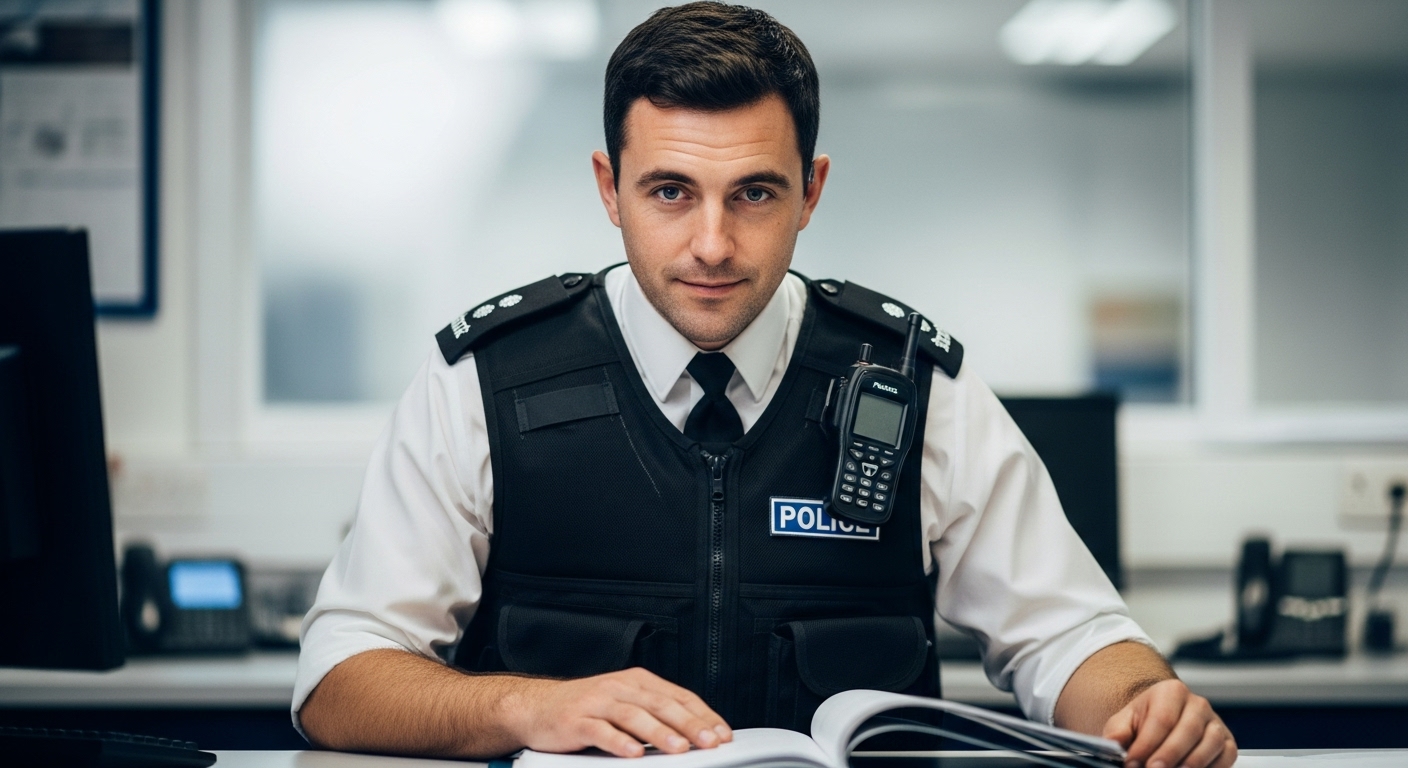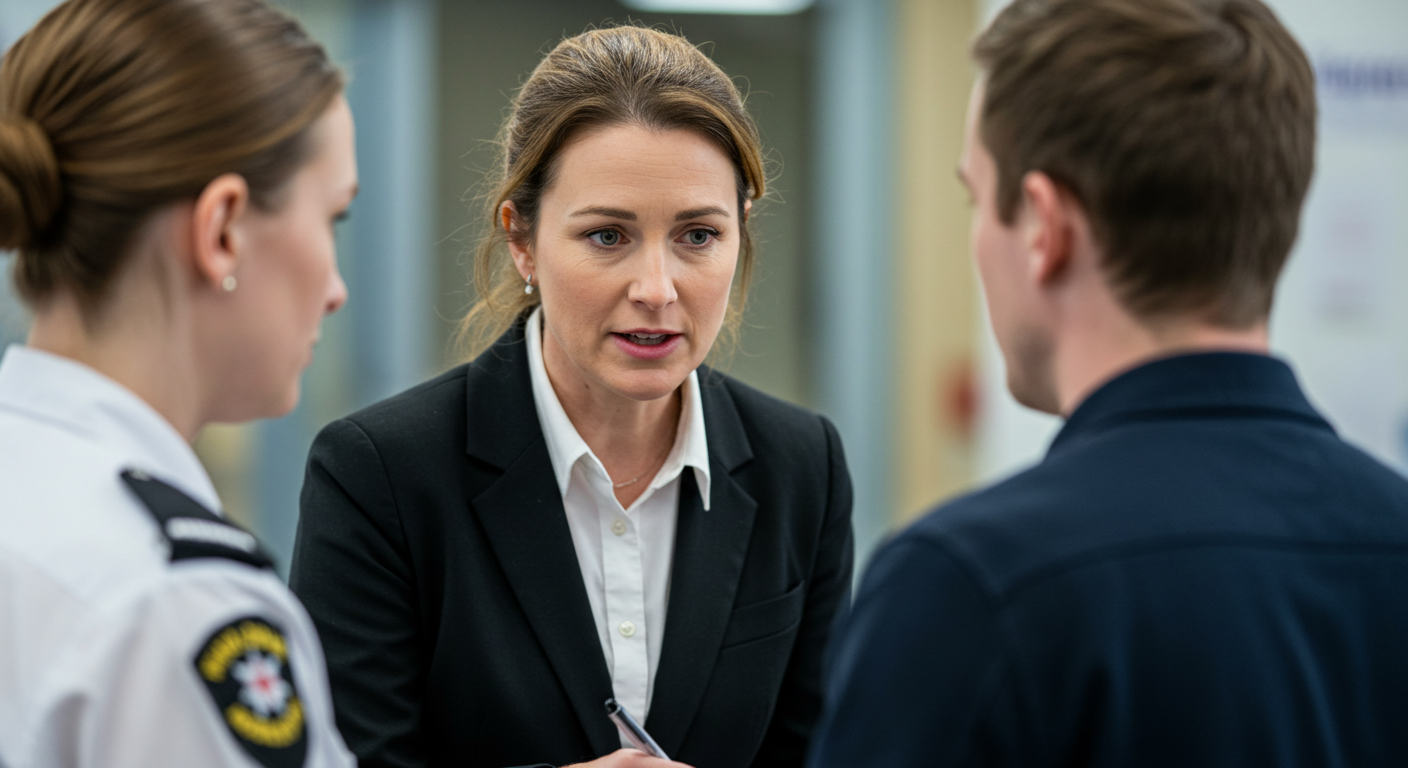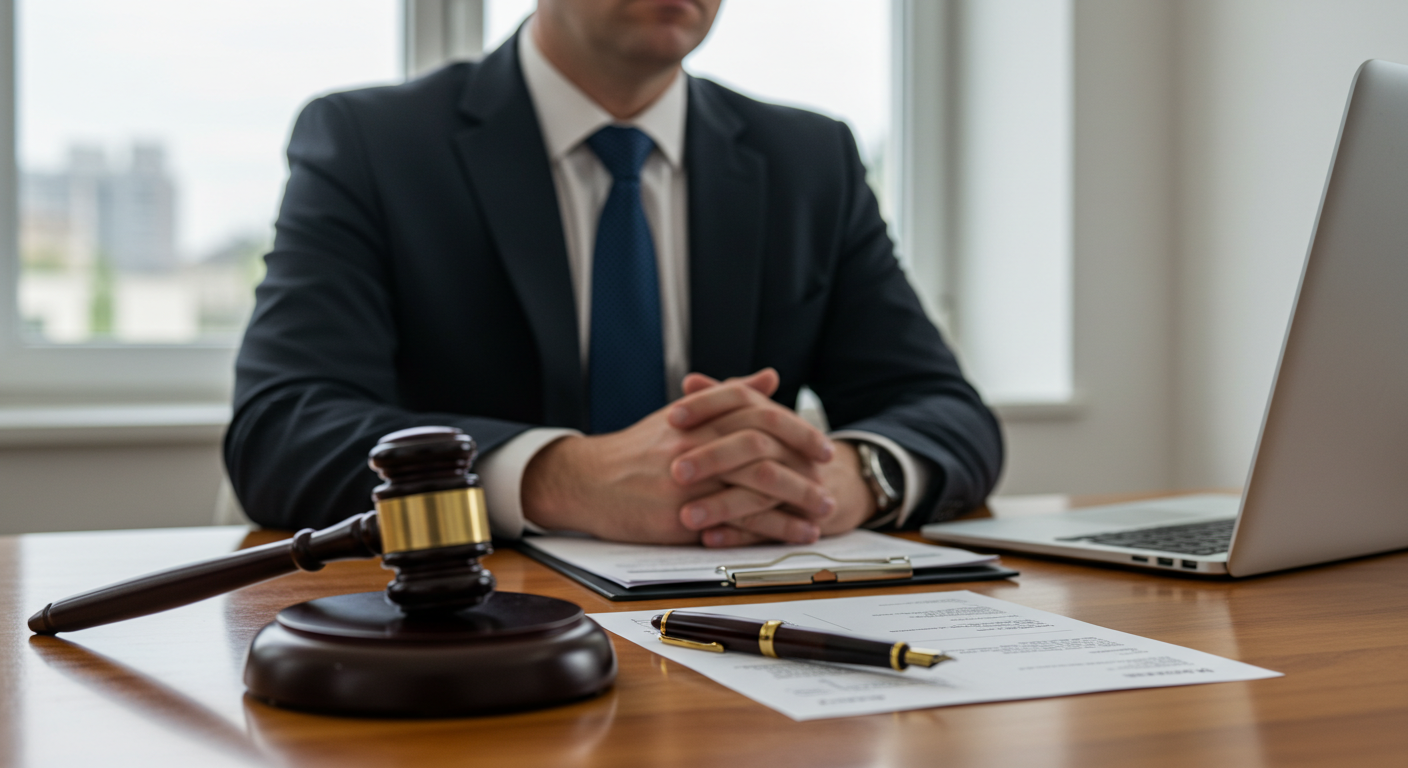The Dynamics of Charge Withdrawal by Police in the UK

The Dynamics of Charge Withdrawal by Police in the UK
In the UK, the decision to prosecute or drop charges in a criminal case lies not with the police but with the Crown Prosecution Service (CPS). However, the role of the police in the initial stages of a criminal case is pivotal, and their recommendations can influence the course of legal proceedings—often making it advisable to consult a criminal lawyer early on.
This article explores the dynamics of charge withdrawal by police in the UK and how such decisions play out within the framework of the UK legal system.
The Role of the Police in Criminal Charges

- Initial Investigation and Arrest: The police are responsible for investigating alleged crimes, arresting suspects, and gathering evidence. They make initial decisions on whether there’s enough evidence to refer a case to the CPS.
- Recommendations to the CPS: Based on their investigations, the police may recommend whether to prosecute a suspect. However, this is only a recommendation, and the final decision rests with the CPS.
The Role of the Crown Prosecution Service (CPS)
- Decision to Prosecute: The CPS reviews the evidence provided by the police and applies the Full Code Test to determine whether to proceed with prosecution. This test considers the sufficiency of evidence and whether prosecution is in the public interest.
- Dropping Charges: If the CPS decides that a case does not meet the required threshold for prosecution, they can drop the charges, even if the police recommended prosecution.
Reasons Why Police Might Not Pursue Charges

- Insufficient Evidence: The most common reason for not pursuing charges is insufficient evidence to support a conviction.
- Public Interest Considerations: In some cases, even with sufficient evidence, pursuing charges may not be in the public interest, such as in minor offences or where the offender has already made reparations.
- Alternatives to Prosecution: For minor offences, the police may consider alternatives to formal charges, like cautions or community resolutions.
Impact of Withdrawing Charges
- Legal Closure for the Accused: For an individual accused of a crime, having charges dropped can provide significant relief and closure.
- Public and Victim Considerations: Decisions not to pursue charges, especially in serious cases, can sometimes lead to public scrutiny or dissatisfaction from victims or their families.
The Importance of Legal Advice

- Understanding Your Rights: If you’re involved in a criminal case, it’s crucial to understand your rights and the legal procedures. This is where legal advice becomes invaluable.
- Communicating with Authorities: A solicitor can communicate with the police and the CPS on your behalf, making sure your side of the story is heard and that you are treated fairly throughout the process.
Conclusion: Navigating the Dynamics of Charge Withdrawal by Police in the UK

In the UK, while the police play a crucial role in the early stages of criminal cases, the decision to drop charges ultimately lies with the CPS. The police can influence this decision through their investigations and recommendations, but they do not have the final say.
Understanding this division of responsibilities is key for anyone involved in the criminal justice process and highlights the importance of obtaining legal advice to navigate these complexities effectively.
Notice: Informational Content Disclaimer
The content provided on this website, including articles, blog posts, and other informational materials, is intended for general informational purposes only. It is not intended as, and should not be considered, legal advice.
Visitors to this website should be aware that the information presented here is not a substitute for seeking legal advice from a qualified solicitor or legal professional. Each individual's legal situation is unique, and the information provided may not be applicable to specific circumstances.
If you require legal advice or have specific legal questions, we encourage you to contact us directly. Our experienced team of solicitors is here to assist you with your legal needs and provide tailored advice to address your concerns.
Please be advised that any communication through this website, including the use of contact forms or email, does not create a solicitor-client relationship. Confidential or time-sensitive information should not be sent through this website. To establish a solicitor-client relationship and discuss your legal matters in detail, please contact us for a consultation.
We strive to provide accurate and up-to-date information, but we make no representations or warranties regarding the accuracy, completeness, or suitability of the information contained on this website. We shall not be liable for any reliance placed on the information provided herein.
Thank you for visiting our website. We look forward to the opportunity to assist you with your legal needs.




